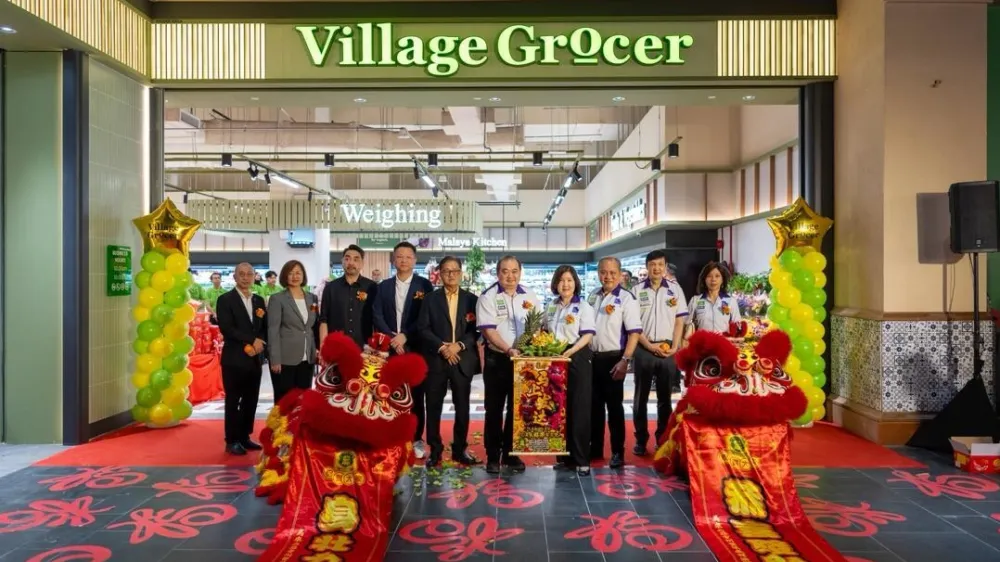
Singapore’s retail growth to rely on essential spending: Fitch
Real household income growth is expected to be relatively modest in 2022-2026.
Singapore’s retail sales are expected to be on an upward trajectory in the near future, but a sluggish real income growth in the medium term means the sector will likely rely on gaining revenues from essential spending categories, according to Fitch Solutions.
A report noted that the average disposable income for Singapore households is projected to grow by 3.2% annually from 2022 to 2026, while inflation is expected to average 2.2% annually over the same period. While real household income will grow in 2022-2026, the growth is relatively modest at 1%.
“While the increase in real income will result in consumers having a greater ability to spend, we note that their willingness to do so might fall short of the consumer spending trajectory as the growth in real income is minute relative to the growth in the dollar value of disposable income,” Fitch said.
Retail sales growth in the city-state slowed by 3.4% YoY last February, the first contraction since September 2021. Fitch said the figure came from a high base effect, as the pre-Chinese New Year holiday shopping in January was helpful in boosting retail sales figures.
Mass grocery retail (MGR) spending for food and non-alcoholic products is particularly expected to see a strong recovery in 2022, projected at 2.8% growth YoY over the year.
Fitch noted that the Singapore government has been taking steps to return the island to pre-pandemic normalcy, such as easing internal social restrictions, making the wearing of masks optional in outdoor settings, allowing gatherings of up to 10 persons, and extending the hours for alcoholic drinks sales at dining establishments last month.
Slowing COVID-19 transmission and high vaccination rates are also expected to reduce the likelihood that the city will return to another strict lockdown.
With Singapore being a major tourist destination, the country will stand to benefit from tourism recovery as the sector is expected to recover its earnings in 2022 and exceed pre-pandemic figures by 2024.
“The reopening of international borders and the easing of internal social restrictions serve as good news for the retail sector as they receive a much-needed boost from the tourism receipts. The return of international tourism is also expected to spur growth in other sectors, supporting the wider recovery of Singapore's economy,” Fitch said.
However, if the government decides to reverse course and tighten restrictions again, this may fuel consumer reticence to go out to retail spaces like shopping malls, undermining the sector’s spending growth trajectory in 2022, Fitch said.
“We believe the retail spending trajectory for 2022 will be on a steady growth path. We note, however, that this is highly reliant on Singapore maintaining its position of easing both domestic restrictions and reopening international borders,” Fitch stated.



















 Advertise
Advertise






